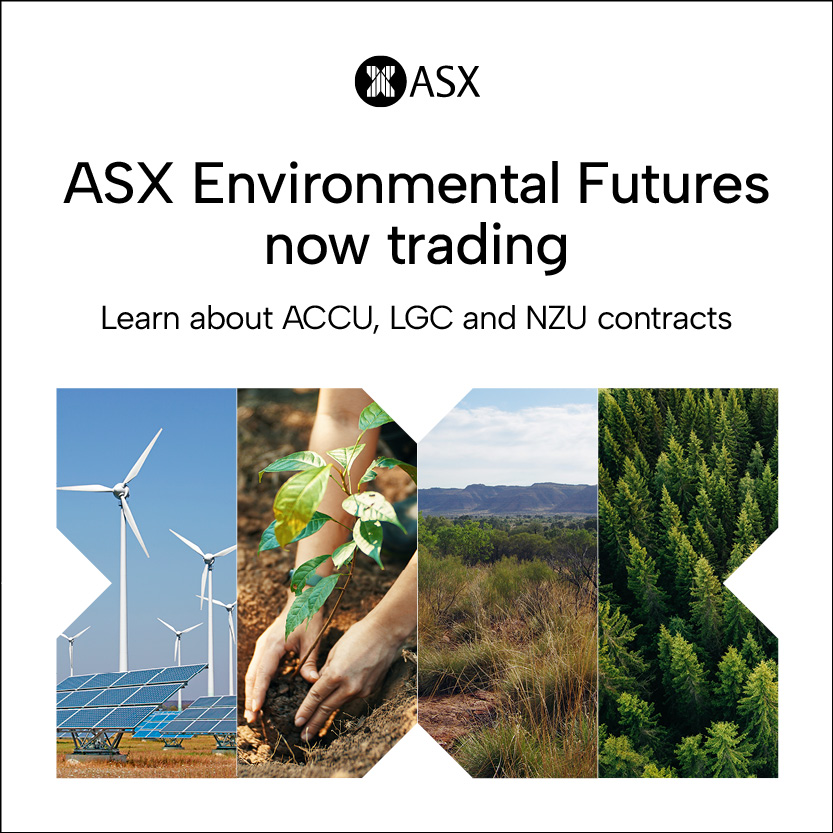By Peter Castellas, CEO, The Carbon Market Institute
Although climate change has not had the high profile nature it has had in previous federal Australian elections, at least the toxicity has gone out of the debate. Both major parties have long term emission reduction targets and both advocate a market-based approach to emissions reduction at their core. So we are not so much arguing about the goal but the way the respective policies will now be implemented to get us there.
But let’s face it, we are not going to get a mature discussion about a bipartisan approach to climate policy in an election campaign. However, as Mark Butler stated at the CMI Summit recently, the overwhelming view of business is that the next parliament has to find a way to bring the major parties together.
And business has a real role to play in making it clear that we need a bridge between the two parties and it is in our economic interests that we have a solid enduring framework that aligns with our international obligations under the Paris Agreement.
If the government is returned, it will require active engagement from business to ensure the conditions and criteria for adjusting the safeguard mechanism baselines downwards to meet 2030 targets are clear and the trajectory of those baselines are aligned with the below business-as-usual direction of our emission reduction task. We need to make sure the way baselines may be adjusted over the post-2020 period is a core part of the proposed 2017 Review.
If the ALP are successful we will need to work closely with the new government to ensure that the design features of the two-stage ETS provide an enduring market mechanism that provides a clear market signal, sustains a market demand for domestic offsets and that the transition back to a cap and trade ETS is efficient and not administratively complex.
Both parties need to be acutely aware of the rapid developments in international approaches to meeting emissions reduction commitments. It will be critical for the next government and business to engage effectively in the global market developments under the UNFCCC’s new sustainable development mechanism to ensure we stay in step with carbon pricing policies being implemented in our key export markets and to optimise our position in trading in international carbon markets.
Whoever wins the control of the lower house I am confident that the Greens and the cross bench with senators from the Nick Xenophon team will push for a progressive approach to climate policy. We will work with them and with the next government to ensure the existing or new policy will be implemented to achieve our Paris commitments and create economic opportunities for Australia.
A key takeaway for me from the recent CMI Summit was that the progressive business and finance community in Australia has begun to move ahead of where domestic policy settings are currently at. The challenge in the next electoral cycle is for political leaders to forge a greater political consensus on climate policy and set Australia up to capitalise on the opportunities in a low carbon economy. CMI and our members are ready to help. Bring on July 2.
This op-ed first appeared in the Carbon Market Institute’s May 2016 update.
Not yet signed up to CP Daily? Subscribe to our free newsletter here




